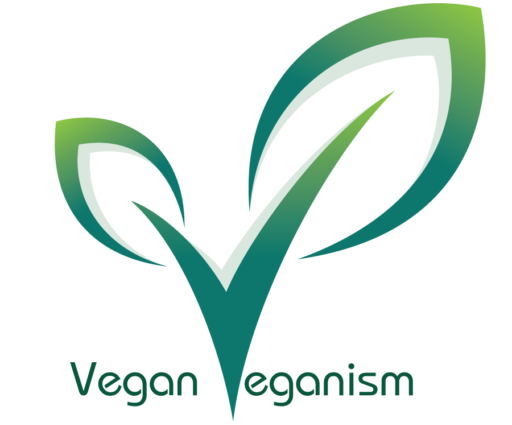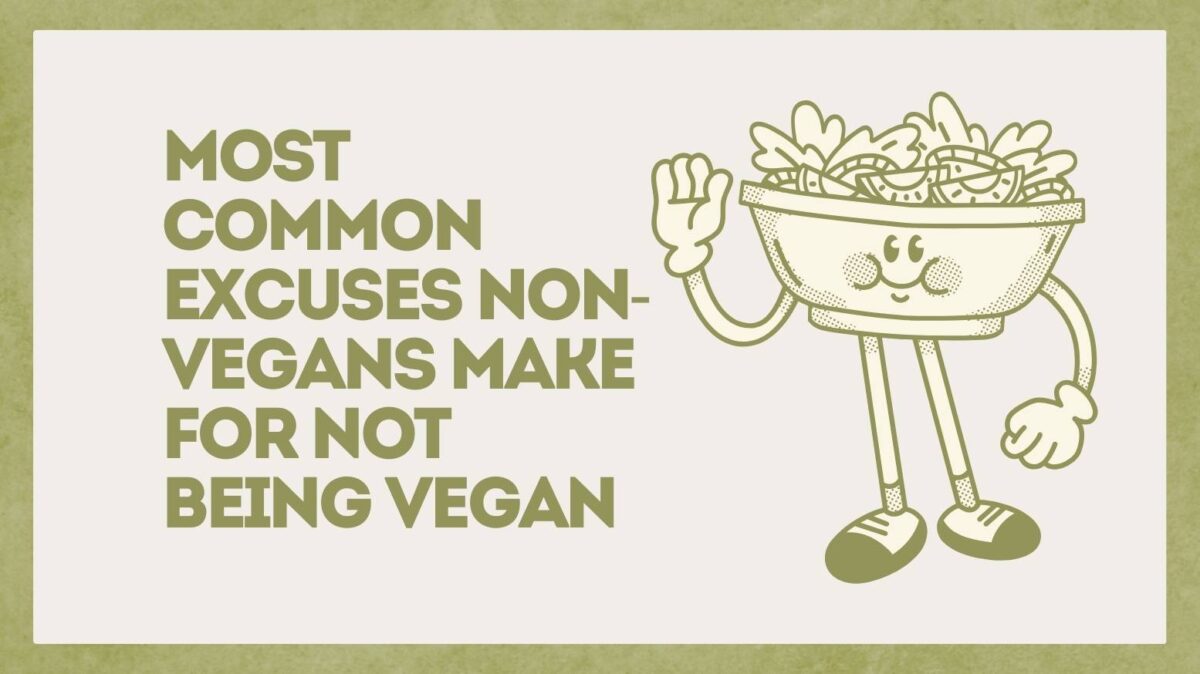The lifestyle of veganism, which is based on abstaining from animal products, is becoming more and more popular around the world. Even with increased knowledge of the moral, ecological, and health advantages, many people still oppose adopting a plant-based diet.
Gaining insight into the most frequent justifications offered by non-vegans for not adopting a vegan lifestyle will help address the difficulties associated with advocating for this kind of lifestyle.
Culinary Attachment
This claim usually arises from a deep emotional connection to the familiarity and tastes of animal products. Nonetheless, tastes might change with time. Through experimentation with spices, testing with a wide range of delectable plant-based substitutes, and delving into the rich domain of vegan cookery, one can discover a whole new world of palate pleasure.
Costly Misconception

Some people think going vegan is expensive or difficult in terms of logistics. On the other hand, a carefully planned plant-based diet can be affordable and practical. Budget-friendly staples include grains, beans, lentils, fruits, and vegetables. Furthermore, convenience concerns are addressed by the increasing number of vegan options available in supermarkets and restaurants.
Time Constraints

The ease of use and accessibility of many plant-based recipes debunks the myth that vegan meals require complex preparation. Efficient and uncomplicated choices, in conjunction with thoughtful meal planning and the utilization of frozen or prefabricated plant-based foods, can streamline the culinary procedure and accommodate the hectic routines of people.
Nutrient Skepticism
Nutritional sufficiency is a common source of concern, but evidence backs up the claim that a well-planned vegan diet can meet all of your needs. Plant-based diets are rich in protein, calcium, and other essential nutrients. Personalized advice on developing a well-balanced vegan meal plan can be obtained by contacting a trained dietitian.
Personal Choice Defense
Although food decisions are personal, they affect the whole population. The ethical, environmental, and health issues associated with animal husbandry are addressed by veganism. Understanding can be developed without passing judgment by having polite conversations and exchanging facts.
Historical Naturalization
This justification frequently rests on the false assumption that dietary practices from the past influence decisions made now. But animal products are not necessary for human life according to biology, and cultural values change throughout time. Choosing a food system that is more sustainable and compassionate is a start in the right direction.
Overwhelming System
Systemic changes are influenced by individual decisions, yet collective action can transform. Every vegan decision is a vote in favor of a sustainable and humane food system, which over time encourages beneficial changes in bigger systems.
Ethical Dilemma
The concept of “humane” meat production is arbitrary and sometimes deceptive. Even under ideal circumstances, factory farming raises ethical questions. Any form of support for the animal agricultural sector helps to ensure its continued existence.
Trendy Perception
Veganism is a lifestyle based on ethics, health, and environmental conscience, not just a fad. Many people who have been successful on plant-based diets for lengthy periods can attest to its long-term viability. Its continued importance is further cemented by the growing body of information supporting its health advantages and the expanding availability of plant-based alternatives.
Imperfection Acceptance
The goal of veganism is not to strive for perfection. It is essential to accept flaws and concentrate on development rather than perfection. Every deliberate decision makes a beneficial difference, demonstrating that even modest actions can have a big influence.
Examining the most popular justifications offered by non-vegans for not embracing a vegan lifestyle highlights the variety of obstacles encountered in advocating for plant-based living. Recognizing these justifications offers a chance for candid discussion, clarification, and education. By addressing these issues and highlighting the advantages of veganism, people may make morally sound decisions and help create a world that is more ethical, sustainable, and compassionate.
You may also like:
- What is the benefit of being a raw vegan compared to just a vegan
- What are some side effects of being a fully raw vegan
- What are your favorite vegetarian or vegan recipes
FAQs
1. What are some delicious plant-based alternatives if I feel I could never give up ?
Many people find a whole new world of flavor in vegan options. Exploring diverse and tasty plant-based alternatives can be an exciting journey.
2. Can you share what makes vegan food seem expensive or inconvenient?
Understanding your perspective helps. There are budget-friendly staples and time-saving hacks that make vegan eating accessible to many, dispelling the notion of it being expensive or inconvenient.
3. Do you have any examples of what seems complicated about cooking elaborate vegan meals?
Vegan meals can be quick and easy to prepare. With the increasing availability of plant-based convenience foods, the process becomes more straightforward.
4. Is there a specific nutrient you’re concerned about regarding a vegan diet?
A well-planned vegan diet can provide all the nutrients you need. Consulting a registered dietitian can help personalize your plan and address any specific concerns.
5. Why do you think veganism is just a fad that won’t last?
Veganism is growing based on ethical, environmental, and health concerns. Constant research and evolving resources contribute to making veganism a sustainable and enduring choice.
6. How can we have honest conversations about issues like animal welfare and the environment without discussing others’ food choices?
Veganism isn’t about judgment but understanding. Honest conversations focus on creating a more compassionate world, considering the impact of our choices on animal welfare and the environment.

